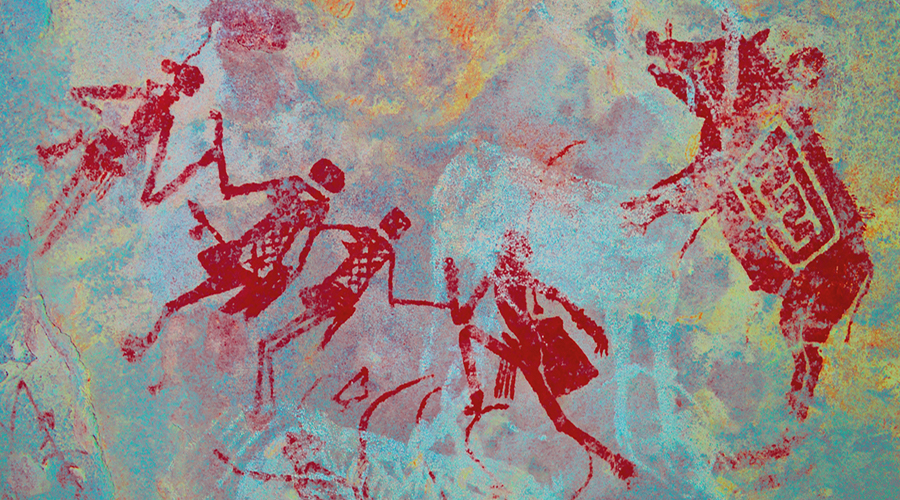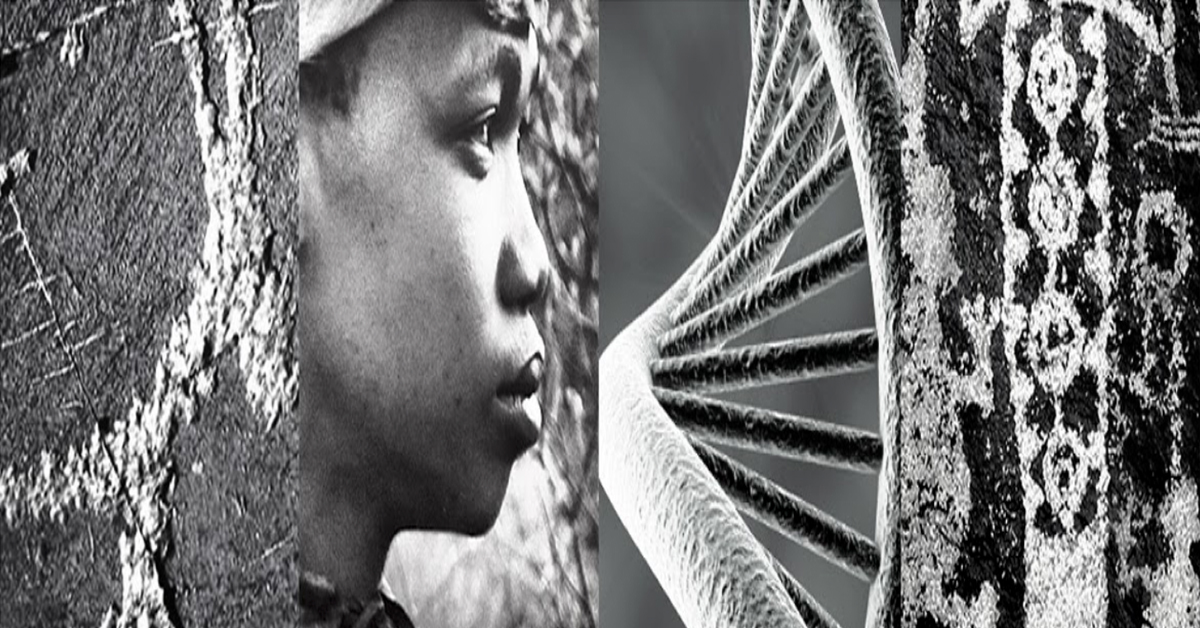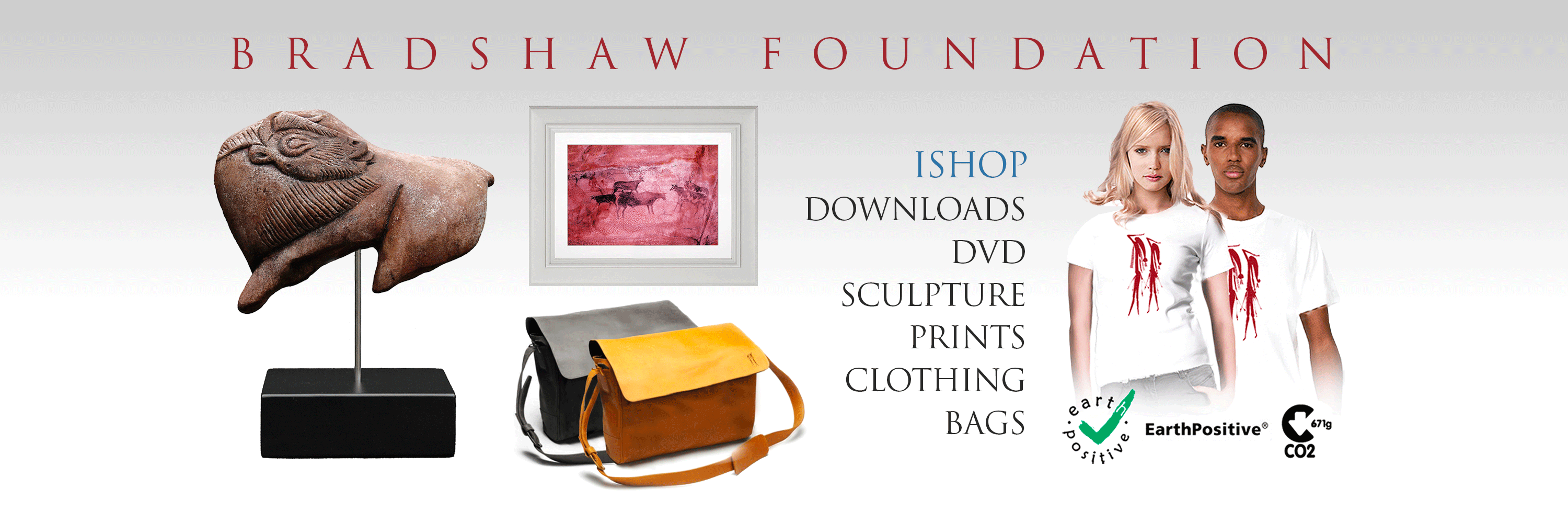


Circles of Stone
|
CIRCLES OF STONE: STONEHENGE AND PREHISTORIC JAPAN Exhibition
Located at the Stonehenge visitor centre until 3 September 2023

Although there was no contact between Japan and Britain in prehistory, there are surprising parallels between them. In both areas, people built stone circles, made elaborate pots and used flaked stone tools.
The astonishing Japanese stone circles at Oyu, recently inscribed on the UNESCO World Heritage List, bear striking similarities with stone circles and the practices of Neolithic people in Britain. The 8,500 river cobbles used to build the stone circles at Oyu, each weighing between 20 and 200 kg, were carried about 7 km from the bed nearby River Akuya. Although not quite the same engineering feat as bringing the bluestones all the way from south-west Wales to form part of Stonehenge, this was still an incredible communal effort showing a desire to use particular types of stones and construct the circles at a specific location. These cobbles were arranged in clusters, sometimes arranged in small rings or other arrangements. Each cluster is likely to have originally covered a burial, with the circuits emerging slowly over time as more burials with their stone arrangements were added. At Stonehenge, the cremated remains of the dead were placed in and around the monuments. Finally, there is some evidence that the ‘sundial’ standing stones at the two stone circles at Oyu were aligned towards the midsummer solstice sunset and the midwinter solstice sunrise, much like the timber and stone circles in the Stonehenge landscape.
The Circles of Stone: Stonehenge and Prehistoric Japan exhibition features exceptional artefacts, including stone and clay miniature objects found at Oyu and Isedotai stone circles, which are thought to have been part of ritual activities: tiny jars and vases, little clay mushrooms, small bells, decorated plaques and a bear figurine. These remarkable objects tell the story of these stone circles, and the lives and rituals of the people who built them. Situated next to the permanent exhibition at the Stonehenge visitor centre, this new display offers a unique opportunity to compare the deep pasts of two places on opposite sides of the globe.
Another key loan is the distinctive ‘flame pot’; a highly decorated type of Jomon pottery whose fantastical shape evokes blazing flames. The best flame pots are today designated as National Treasures, demonstrating the impact of these objects in contemporary Japan. Flame pots are as much an icon of Japanese prehistory as Stonehenge is emblematic of prehistoric Britain. Each provokes astonishment at the skill and creativity of past people, and hints at the complexity and sophistication of communities living in Jomon Japan and in Britain during the Neolithic period.
Also featured are fragments of exquisite clay figurines, known as dogu in Japanese. These have been found at Jomon settlements and stone circles and it has been suggested they may have represented earth goddesses or spirits, for use in fertility or healing rituals. It is believed that many dogu were intentionally broken and scattered during ceremonies.
COMMENTS |
|











